30, May 2018
Zimbabwe to elect new president, MPs on July 30 0
Zimbabwe announced on Wednesday it would choose a new president and parliament on July 30, in the country’s first electoral test since the removal of its autocratic former leader Robert Mugabe.
His successor, President Emmerson Mnangagwa, unveiled the date in the official Zimbabwe Government Gazette.
“Monday, the 30th day of July, 2018 (is) the day of the election to the office of President, the election of members of the National Assembly and election of councilors,” Mnangagwa said in a proclamation.
Once a right-hand man to the 94-year-old Mugabe, Mnangagwa dramatically succeeded the veteran leader in November after nearly four-decades in charge when troops swarmed the streets and briefly seized key sites.
Mnangagwa, 75, will square off against the main opposition Movement for Democratic Change (MDC) party, now led by 40-year-old Nelson Chamisa following the death of Morgan Tsvangirai in February.
If no candidate receives a simple majority in the first round of the presidential election, a run-off will be held on September 8.
Elections under Mugabe were marred by corruption, intimidation and violence, but Mnangagwa has vowed to hold a free and fair vote.
The election will be the first to be monitored by Western observers in many years.
On Monday Harare and the European Union announced that observers from the bloc would monitor polls in the southern African country for the first time in 16 years.

The head of the last EU observer mission, Pierre Schori, was thrown out of Zimbabwe in 2002 on the eve of presidential elections that were condemned as flawed.
Following the high-profile spat, Zimbabwe barred the EU and other Western observers from sending further missions to monitor polls in the country as Mugabe grew more and more defiant of foreign criticism up until his downfall.
And in a further sign of Zimbabwe’s growing efforts to mend fences with former foes following Mugabe’s resignation, the country has applied to re-join the Commonwealth, the bloc of former British colonies said Monday.
Harare’s membership was suspended in 2003 over the violent and graft-ridden elections the previous year.
Zimbabwe left the Commonwealth at the height of violent land seizures, when white farmers were evicted in favor of landless black people — a policy that wrecked agriculture and triggered economic collapse.
Commonwealth Secretary-General Patricia Scotland confirmed that the organization would also send observers to the elections.
Mugabe sent shockwaves through the ruling ZANU-PF, the party he dominated for decades, when he recently posed with a retired general who will take on the government in this year’s election.
Despite a slew of reformist pledges and announcements it is unclear whether Mnangagwa, who was a vital cog in the ZANU-PF party and helped Mugabe to hold onto power for 37 years, has won the support of ordinary Zimbabweans.
(Source: AFP)
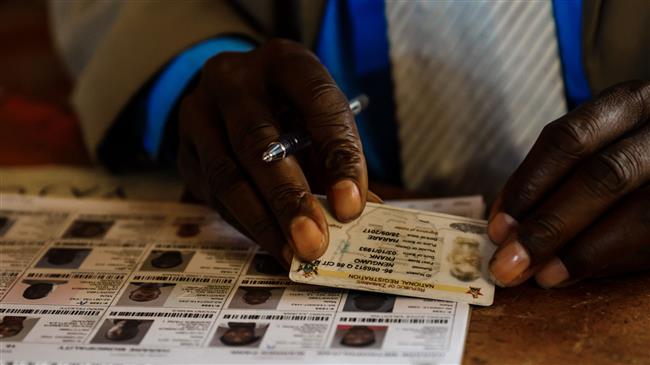
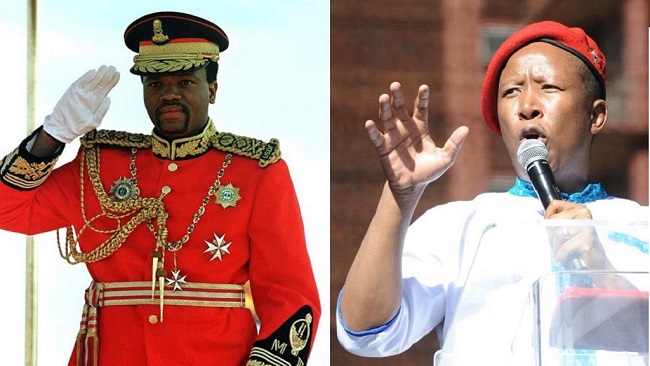
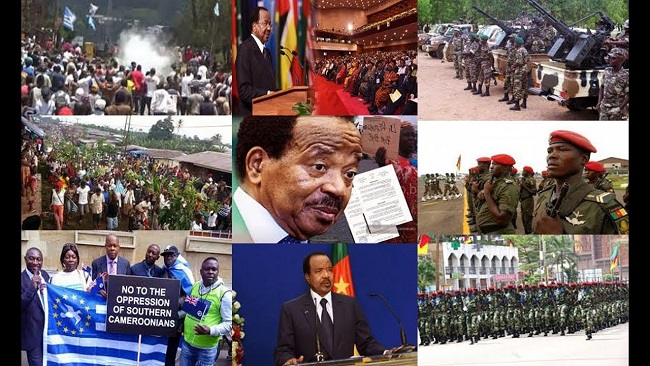
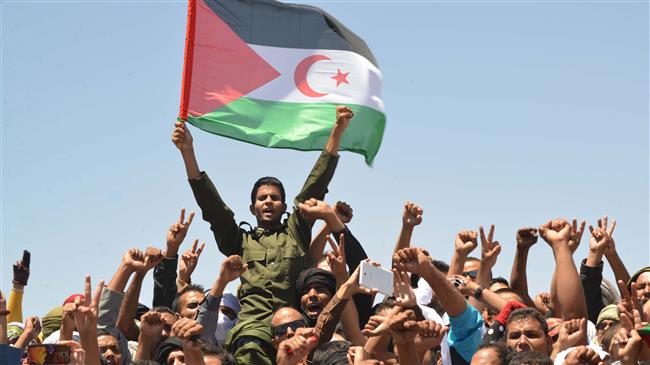

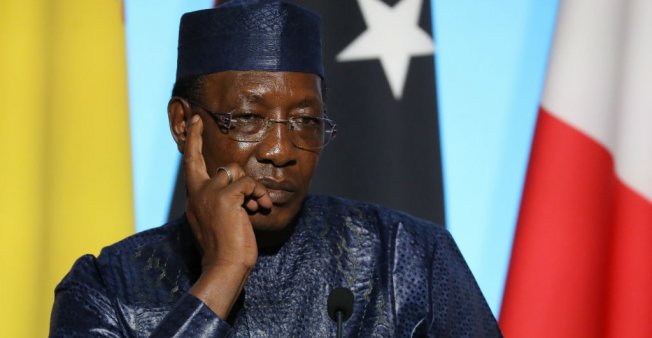

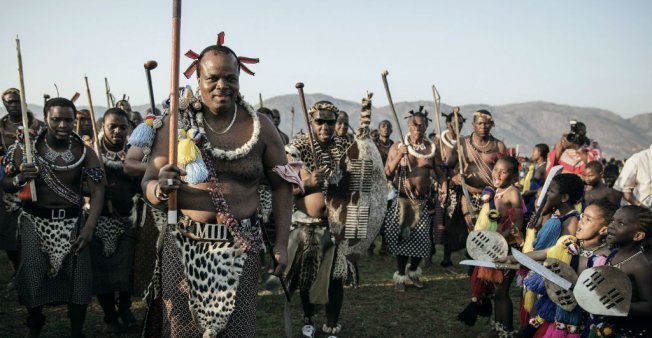
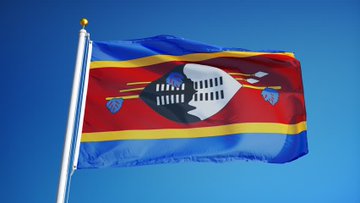
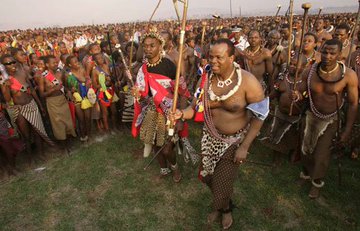
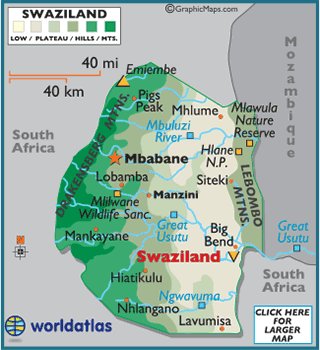
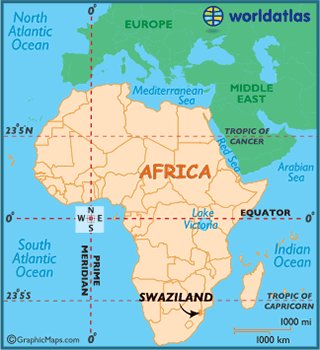












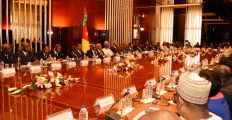




31, May 2018
Zimbabwe: Mixed reactions greet July 30 polls 0
Mixed reactions have greeted news of a July 30 date for Zimbabweans first general elections after Robert Mugabe was forced out of power.
On Wednesday, Emmerson Mnangagwa announced that a general election will be held on July 30, seen as crucial to securing foreign investments.
“I think he has got the final say, he has got the powers to put on a date, we have been ready to vote”, said Harare resident, Aston Matava.
Frank Nemayire ’‘looks forward to any changes in employment, or lack of liquidity, from the one who will be elected.“
However some are disgruntled. The opposition Movement for Democratic Change (MDC), which relies on voters who have fled the Mugabe regime, has suffered a setback as the Constitutional Court has decided that Zimbabweans in the diaspora could only vote by moving to the country.
‘‘First of all we have been clamoring for diaspora vote, we wanted the demilitarization of Zimbabwe’s Electoral Commission and the army, the state security agents should not be involved in the electoral process”, said Albert Chidhakwa.
Lyne tte Biti thinks the announcement is rather too soon. ‘‘In my opinion our party’s demands for electoral reforms have not been heard, so it makes no sense”, she added.
Missing from July’s election, for the first time in 20 years, will be Zimbabwe’s foremost political gladiators, Mugabe and longtime leader of the MDC, Morgan Tsvangirai, who died of cancer in February.
Mnangagwa goes into the election with the advantages of incumbency and the backing of the army. His face main rival is 40-year-old Nelson Chamisa and the MDC.
Critics have accused Mnangagwa of being Mugabe’s most loyal acolyte, and blame him for a crackdown on rebels in the mid-1980s that rights groups say killed 20,000 civilians. He denies those charges.
Source: Reuters